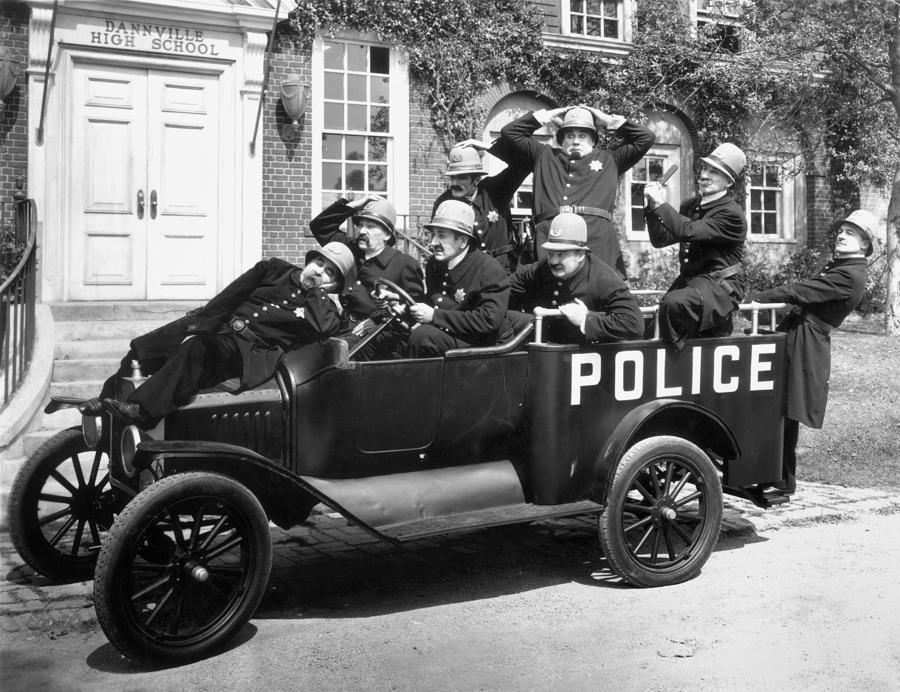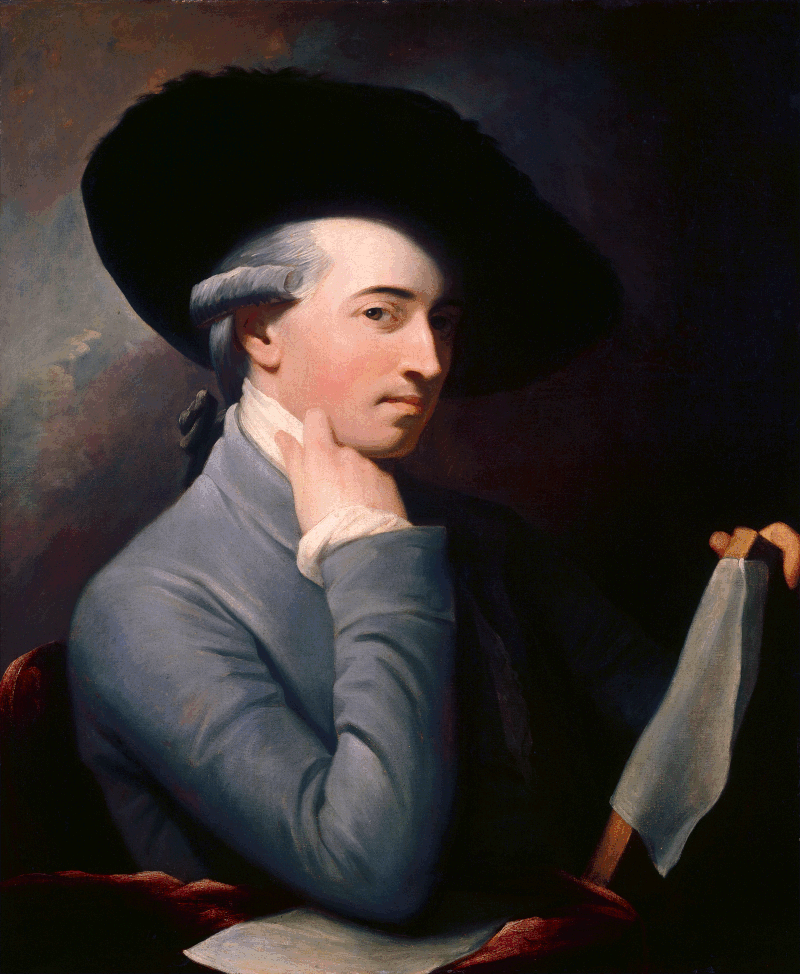
Considering this blog was supposed to
feature some babble in the mix, it’s about time I added some.
I find it one of those odd facts of life
that of all the time we are given, we forget the day to day details of life and
discover we tend to remember highlights of everything we have experienced. For instance, a whole year passes and for the
most part we vividly remember only moments of it, many of these tend to be funny
events that continue to stick simply because they are so vivid, unless of
course you keep a daily journal. (And nope, I don’t do that.)
Anyway, what got me on this train of
thought is a particular poem that just lodged in my noggin’ when I was in third
grade. Of all the things I read and
learnt that year, I only had to read it once and I’ve never been able to shake
it since, probably because it was so ludicrous, not to mention somewhat
ghastly! Every now and again, that
stupid poem just pops back up and I can’t get it out of my head, similar to
hearing a catchy jingle for dog food or paint thinner you hear on the radio just once and you end
up humming the stupid thing all day despite your best efforts. This is how it went:
“One bright day in the middle of night,
Two dead boys got up to fight,
Back to back they faced each other,
Drew their swords and shot each other.
A deaf policeman heard the noise,
He came and shot the two dead boys.
If you don’t believe this lie is true,
Ask the blind man, he saw it too.”
After all these years, I’ve remembered the poem, but not the author! I recall it was in a children’s book about
the history of America’s
first artists and literati, which was printed in the 1950s or 60s judging from
the style of the watercolour illustrations that would remind one of Cupie
dolls. It was the hardback, cloth bound kind, its cover was
deep red and faded after years of kiddies thumbing through it not to mention
the times it lay forgotten, gathering dust on the shelf.
Thanks to Google, at least I now realise why
I can’t recall the author: “Poem by Unknown” (also popularly known as Anonymous). I’ve also discovered there are longer
variants of the poem. Were they added
later? Probably. If you think you can survive more babble,
here is one variant:
“One bright
morning in the middle of the night,
Two dead boys
got up to fight.
Back-to-back
they faced one another,
Drew their
swords and shot each other.
One was blind
and the other couldn't see,
So they chose a
dummy for a referee.
A blind man went
to see fair play,
A dumb man went
to shout "hooray!"
A deaf policeman
heard the noise,
And came and
killed those two dead boys.
A paralysed
donkey walking by,
Kicked the
copper in the eye,
Sent him through
a rubber wall,
Into a dry ditch
and drowned them all.
If you don't
believe this lie is true,
Ask the blind
man— he saw it too!”
*Types in search box ‘American artist who
used hair from his cat's tail to make paint brushes’*
This time I’ve hit the jackpot and have
discovered the artist was Benjamin West
(1738-1820), the ‘father of American painters’. (I also found out the cat became a
major character in another children's book called "Benjamin West and His Cat Grimalkin" by Marguerite Henry.) Was that the cat's real name? I'm not sure, but now, I've found the artist!

(Image: Self portrait by Benjamin West, c. 1763)
According to my Google-ing, West was from a
Quaker family that believed art was nothing short of indulging in idolatry, but West was born with a gift that
could not be stifled. As a child, he
learnt from the Indians how to make his own natural pigments with clay dug up
from a riverbank mixed with bear grease, and thus taught himself how to paint
during his early years. Of course, it
now makes sense: if art was frowned upon in his household, no wonder he had to
make his brushes any way he could. It
was a good thing he followed his passion: he progressed so much so in his art and
self-education that he became the second
president of the Royal Academy in London,
serving from 1792 to 1805 and from 1806 to 1820. He was offered a knighthood but refused it as
he deemed himself more worthy of a peerage!
(Image below, another masterpiece by Benjamin sporting a very long title: "Death of a Stag or Alexander III of Scotland Rescued from the Fury of a Stag by the Intrepidity of Colin Fitzgerald, 1786." Not bad for a self-taught artist!)

One other story I remember from that old
children's book was an artist who wanted to capture the Mississippi
River for posterity, (the river in those early days was still considered the frontier), but
he had a daring project in mind that would surpass any normal painting. Instead of a ho-hum flat square canvas, he
wanted to recreate the experience of floating up and down the river, so drew an
exact copy of the riverbank as seen by a boat, painting it on a giant
horizontal scroll that could be unrolled in front of an audience and rolled up
at the other end as the unveiling progressed. This art form was called the
panorama. Of course, I’ve forgotten the
name of this artist too, so nothing for it, time for more Google-ing....
*types in search box ‘artist who painted Mississippi on huge
rolling scroll canvas´ *
Eureka! I’ve found him: John Banvard (1815-1891).
There are quite a few details I’ve just discovered about his work, he
completed other panorama scrolls before the Mississippi project, such as scenes
of Venice, Jerusalem, and one project that sounds like an imaginary journey to
hell entitled, ‘The Infernal Regions’, but his gigantic picture of the
Mississippi River became the most famous.
It was about half a mile long, although contemporary accounts tweaked
the facts and inflated that measurement to three miles long!
His show was so successful that it went on
world tour and earned him a fortune after which he built an immense mansion on the
North Shore of Long Island resembling Windsor Castle. He named the estate Glenada after his
daughter Ada, but his dream home was so extravagant it was nicknamed ‘Banvard's
Folly’ by the locals.
He was perhaps one
of the first artists to ever become a millionaire, but then, Banvard eventually
lost his fortune and was buried in a pauper’s grave in Watertown,
a frontier town in the Dakota Territory. He was almost completely lost to history, and
many of his works were destroyed, a strange reversal of fortune for someone who
become so famous. How did that happen?
The unravelling began when he tried to compete against P.T. Barnum’s Museum
featuring strange extravaganzas showcasing the historical, the weird, the
mysterious, which were sometimes outright half-credible hoax exhibits. Barnum
would later become the creator of that famous entertainment intuition under the
Big Top, yes, the three ring circus, the ‘Greatest Show on Earth’.
You can read more about John Banvard’s tale
of rags to riches and back to rags again here in "The Atlas Excerpt: Banvard's Folly."
It’s interesting the odd stuff you can find
when researching a bit of babble.
(Image below: Banvard showing his masterpiece to Queen Victorian and Prince Albert in 1849)




